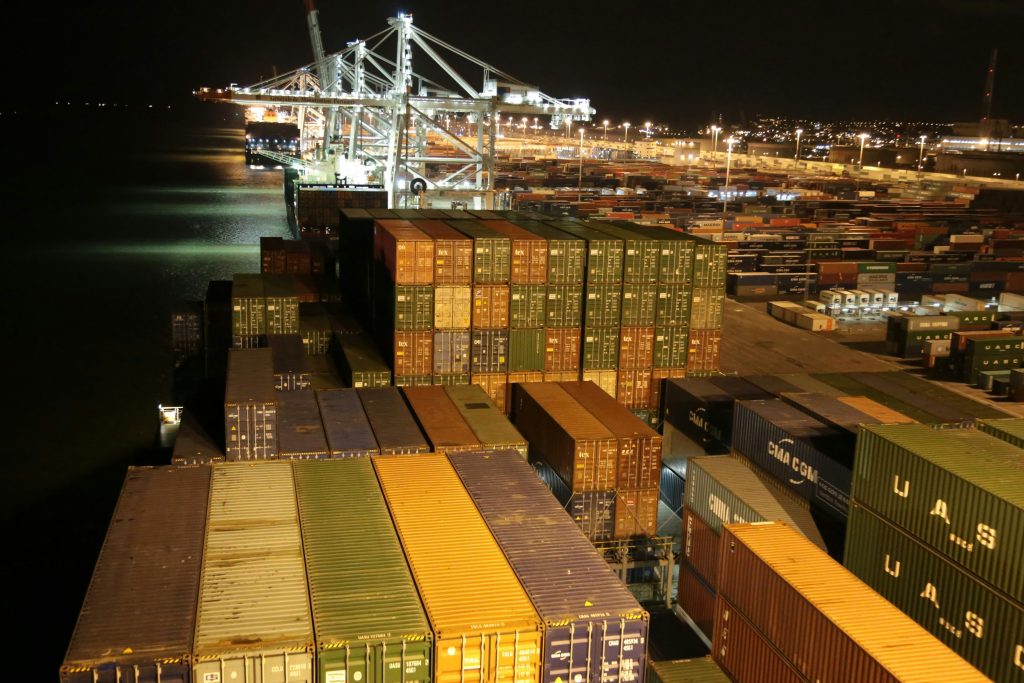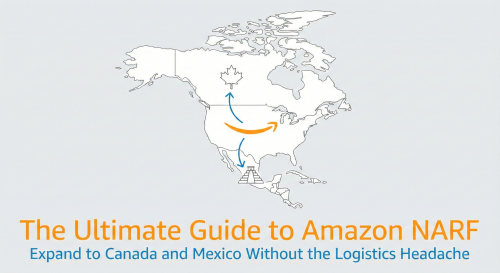
Late Monday, former President Trump announced plans to impose a 25% tariff on all goods entering the United States from Canada and Mexico, along with an additional 10% tariff on products from China. This policy, if enacted, could significantly increase prices for American consumers on a wide range of goods, including gasoline, automobiles, and agricultural products. As the world's largest importer, the U.S. relies heavily on imports from its top three suppliers: Mexico, China, and Canada, according to the latest U.S. Census data.
In response, a spokeswoman for the Chinese embassy in Washington expressed concern, stating that trade wars or tariff wars are detrimental to all parties involved. Currently, a substantial portion of trade between the U.S. and China is already subject to tariffs, with 66.4% of U.S. imports from China and 58.3% of Chinese imports from the U.S. affected.
Mexico's response, articulated by Sheinbaum in a letter to Trump, warned of potential retaliatory measures, including imposing taxes on U.S. imports, which could endanger ordinary businesses. Meanwhile, Canadian Prime Minister Justin Trudeau indicated a willingness to engage with the U.S. constructively to address these issues.
Additionally, Mexico's National Tax Administration has announced a new policy effective January 1, 2025, which will impose a 16% value-added tax (VAT) on all foreign businesses selling products through e-commerce platforms. This measure targets major platforms like Shein, Temu, and Amazon and is anticipated to generate 15 billion pesos in tax revenue for Mexico. This policy, part of the Income Tax Law 2025, aims to enhance tax regulation and ensure compliance by large e-commerce entities. Previously, these platforms benefited from a VAT exemption on purchases up to $50, but this will no longer be applicable. Under Mexico's economic plan for 2025, tax revenues are expected to play a major role, contributing to an overall revenue projection of approximately 8 trillion pesos, with a projected annual growth of 2.6% in tax revenues.
If President Trump were to implement a policy imposing additional tariffs on China, Mexico, and Canada, it would have several significant impacts on various stakeholders, including American consumers, businesses, and international trade relations. Here are some potential consequences:
Increased Costs for Consumers
Tariffs act as a tax on imported goods, leading to higher prices for consumers. Products from China, Mexico, and Canada, including electronics, automobiles, and agricultural goods, would likely see price increases. This could reduce consumer purchasing power and shift spending patterns.
Impact on American Businesses
Many U.S. businesses rely on imported materials and components for manufacturing. Higher tariffs would increase production costs, potentially leading to higher prices for finished goods, reduced profit margins, or both. Small and medium-sized enterprises might be particularly affected due to their limited ability to absorb increased costs.
Retaliation from Trade Partners
As indicated by the responses from China, Mexico, and Canada, these countries might retaliate with their own tariffs on U.S. goods. This could lead to a trade war, further escalating tensions and negatively impacting exporters in the U.S. who rely on these markets.
Disruption of Supply Chains
Global supply chains are intricate and interdependent. Tariffs could disrupt established supply chains, forcing companies to seek alternative suppliers or adjust their production strategies, which could be costly and time-consuming.
Economic Uncertainty and Market Volatility
The imposition of tariffs could create economic uncertainty, potentially affecting stock markets and investment decisions. Businesses might delay expansion plans or new investments due to the unpredictability of trade policies.
Potential Benefits to Domestic Industries
In some cases, tariffs could benefit domestic industries by making imported goods more expensive, thus encouraging consumers to buy locally produced products. However, this benefit would need to be weighed against the broader economic costs and potential retaliatory measures.
Impact on International Relations
Such a policy could strain diplomatic relations with key trading partners. While Canada expressed a willingness to work constructively, trade tensions could overshadow broader cooperation on issues like security and environmental policies.
We look forward to the latest conversations and progress as any inflation caused by excessively high tariffs will be paid for by consumers.








